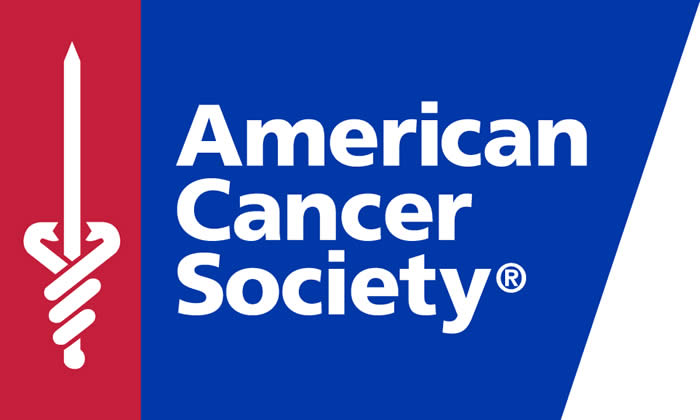Tackling the Unequal Burdens of Health Disparities
Cynthia LeBlanc, Ed.D, is national volunteer board chair
While cancer strikes people from all walks of life, some groups have disproportionately higher mortality and incidence rates. Part of the American Cancer Society’s commitment to saving lives includes addressing the unequal burden of cancer experienced within certain communities. We believe that all individuals regardless of race, socioeconomic circumstances, or insurance status, deserve equal access to quality health care. We partner with community health workers and culturally diverse volunteers to provide culturally and linguistically appropriate outreach and education to empower and mobilize the community to access prevention and early detection resources. In addition, we collaborate with community health systems that ensure access to cancer screening resources and follow-up care.
Last week, I had the pleasure of touring several communities in South Carolina, North Carolina, Virginia, Washington, DC, and Maryland where important work is being done to save lives from cancer. Much of the work I witnessed is made possible through the generous support of the Walmart Foundation. In fact, the foundation has committed $4 million to support a total of 41grants to disparities-related work through the Society.
In South Carolina, I met a team from the state’s Best Chance Network, which works to get socio-economically disadvantaged women screened for breast and cervical cancer. I also dined with the volunteer leaders of the Society’s annual African American Men’s Health Forum held in Columbia, SC. Wendell Price and Dr. Gary Bell have worked for several years to address cancer disparities facing black men. From there, my journey took me to the very rural Appalachia region of North Carolina. I saw first-hand that those in rural communities face many health-related challenges, including disparities in cancer rates. That’s where the work of the Society’s Community Health Advisors (CHAs) is critical. These specially trained community members form a grassroots army aimed at saving lives from cancer through very effective community-based education approaches. In addition to the CHAs, I had the opportunity to speak with leaders in the medical community there and gained an appreciation for how impactful our partnerships with them can be.
Read more here.

